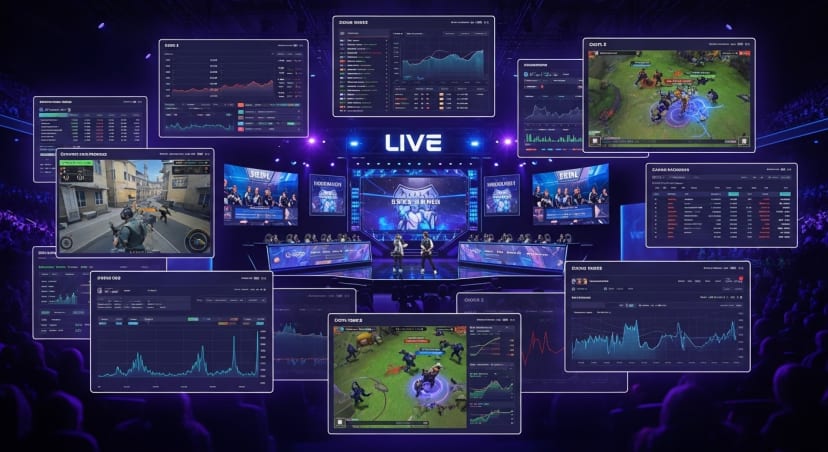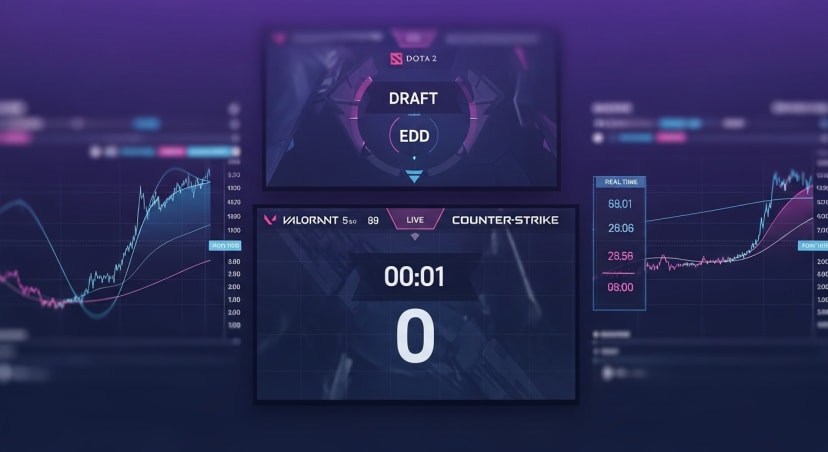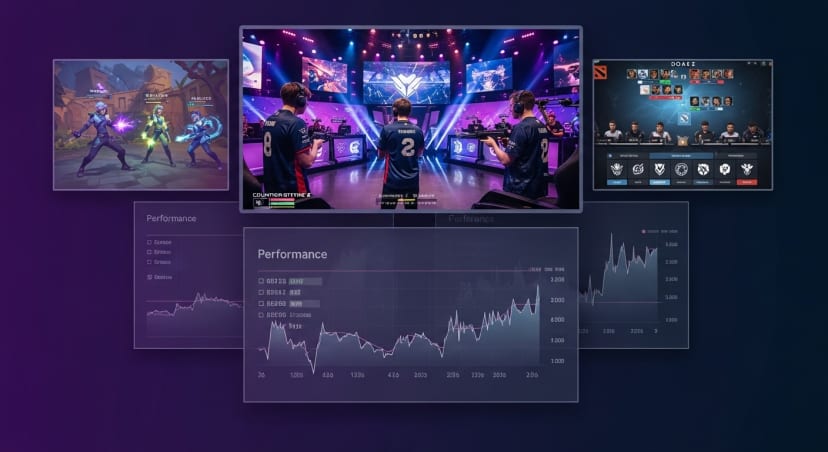Splitgate 2: Innovative Gameplay Meets Market Hurdles

Recommended casinos
Splitgate 2 has burst onto the gaming scene with a unique blend of arena combat and battle royale modes that sets it apart in the crowded shooter market. Although its initial reception was promising, challenges linked to monetization and developer priorities have sparked debates within the community.
Key Takeaways
- Splitgate 2 offers both arena and battle royale gameplay, merging fast-paced action with strategic depth.
- Early influences, including critical remarks at launch and monetization issues, have impacted its overall success.
- Despite its competitive potential, the game currently takes a back seat to other projects in focus for its developers.
Game Overview
Initially released on June 6, 2025, Splitgate 2 follows its predecessor's footsteps by combining traditional shooter mechanics with innovative gameplay twists. The free-to-play model, driven by cosmetic sales, aims to lower barriers for new players while maintaining a competitive spirit. The game’s journey began on consoles in summer 2021, following an extensive open beta on PC, which set the stage for an exciting release event despite mixed reactions from certain industry voices.
Reception and Monetization
The initial enthusiasm surrounding Splitgate 2 was somewhat marred when remarks made by 1047 Games' CEO, Ian Proulx, during the launch event were not well received. These controversies, alongside concerns about monetization—particularly when the game is compared to titles like Call of Duty—have cast a shadow over its long-term outlook. Comparisons drawn from market dynamics highlight many shared challenges, such as those discussed in Call of Duty betting markets.
Competitive Landscape
While Splitgate 2 exhibits notable competitive potential, current development priorities do not place esports ambitions at the forefront. However, exploring what fuels competitive gaming reveals insights into how similar titles monetize and engage audiences. Understanding esports game genres can shed light on evolving player communities. In parallel, the thrill of shooter competitions mirrors the excitement found in other arenas, with games like Halo inspiring fans and bettors alike, as evidenced by the emergence of Halo betting strategies.
Notably, observing the wider esports ecosystem offers valuable context. For instance, the best esport teams illustrate how teamwork and strategy play pivotal roles in success. Moreover, esports tournaments underscore the modern emphasis on organized, high-stakes play. These dynamics often influence the broader reception and future developmental direction of budding titles, including Splitgate 2.
Historical Context and Future Outlook
Splitgate 2’s journey from a two-year early access period on PC to its official release encapsulates the dynamic nature of modern gaming markets. Despite early setbacks—with controversies and monetization challenges drawing comparisons to industry staples—the game continues to intrigue fans with its innovative gameplay. Some of these monetization dilemmas evoke scenarios similar to those found in Call of Duty gambling practices, underscoring the delicate balance between gameplay integrity and commercial pressures.
Additionally, markets adjacent to traditional game sales, such as alternative betting models, have emerged. For example, shifting trends in revenue models can be observed in studies like ThunderPick, which reveal how competitive game industries are diversifying their income streams.
Splitgate 2 remains a compelling case study in how innovative design, community feedback, and market pressures converge in the modern gaming landscape. As the developers continue to explore new priorities, the evolution of Splitgate 2 will likely offer further lessons on balancing competitive integrity with commercial success.








